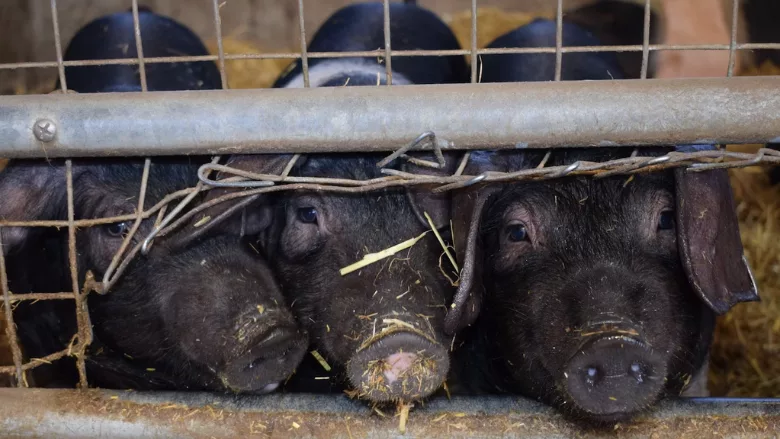USDA Awards $3.2 Million for Development of AMR Dashboards for Food-Producing Animals

Image credit: Suzanne Tucker via Unsplash
The U.S. Department of Agriculture’s Animal and Plant Health Inspection Service (USDA’s APHIS) has announced 12 awards totaling more than $3.2 million in cooperative agreement funding to create antimicrobial resistance (AMR) dashboards. AMR is a crucial threat to food safety and global public health that is aggravated by the use of antimicrobials in food animal agriculture.
The awards will help advance scientific knowledge around AMR through partnerships with the National Association of State Departments of Agriculture (NASDA), Cornell University, Iowa State University, University of Florida, North Carolina State University, Texas Tech University, University of Illinois, University of Missouri, and University of Washington.
AMR is a global health threat that renders antibiotics and other antimicrobials less effective. Addressing AMR is important to APHIS, along with the agricultural and public health sectors, because antimicrobials are some of the most critical tools for treating serious infections and saving the lives of people and animals. The adoption of a One Health approach to tackling complex human and animal health challenges such as AMR has been increasing in popularity globally.
Once created, APHIS will use the dashboards to monitor trends in AMR patterns; detect emerging resistance profiles; and better understand relationships between antimicrobial use, animal health management practices, and AMR. The public-private partnerships will improve access to information on AMR in domesticated animals, including livestock, poultry, and companion animals. They will focus on:
- Developing AMR dashboards to securely track the emergence and spread of antimicrobial-resistant microbes in domesticated animals
- Identifying and/or developing methods for protecting data confidentiality with the dashboards
- Identifying data user needs and preferences for AMR dashboards
- Exploring aspects of data management for AMR dashboards.
All AMR dashboards developed with APHIS funding are required to include data protections similar to those outlined in the Confidential Information Protection and Statistical Efficiency Act.
The dashboard development efforts complement APHIS’ ongoing work on AMR. APHIS’ National Animal Health Monitoring System (NAHMS) collects and evaluates information voluntarily provided by U.S. farmers and ranchers to better understand antimicrobial use in the context of overall animal health. APHIS partner labs in the National Animal Health Laboratory Network (NAHLN) look for AMR, supporting APHIS’ work to monitor trends and identify new or emerging resistance profiles; assess the continued usefulness of antibiotics over time; and provide actionable guidance to veterinarians, producers and other stakeholders.
As part of USDA’s appropriations for fiscal years 2021 and 2023, U.S. Congress directed and provided funding to APHIS to carry out the AMR dashboards project. With its animal health expertise and strong federal, state, tribal, and industry partnerships, APHIS provides leadership in identifying AMR in pathogens found in livestock and poultry to protect the U.S. food supply.
Looking for quick answers on food safety topics?
Try Ask FSM, our new smart AI search tool.
Ask FSM →







